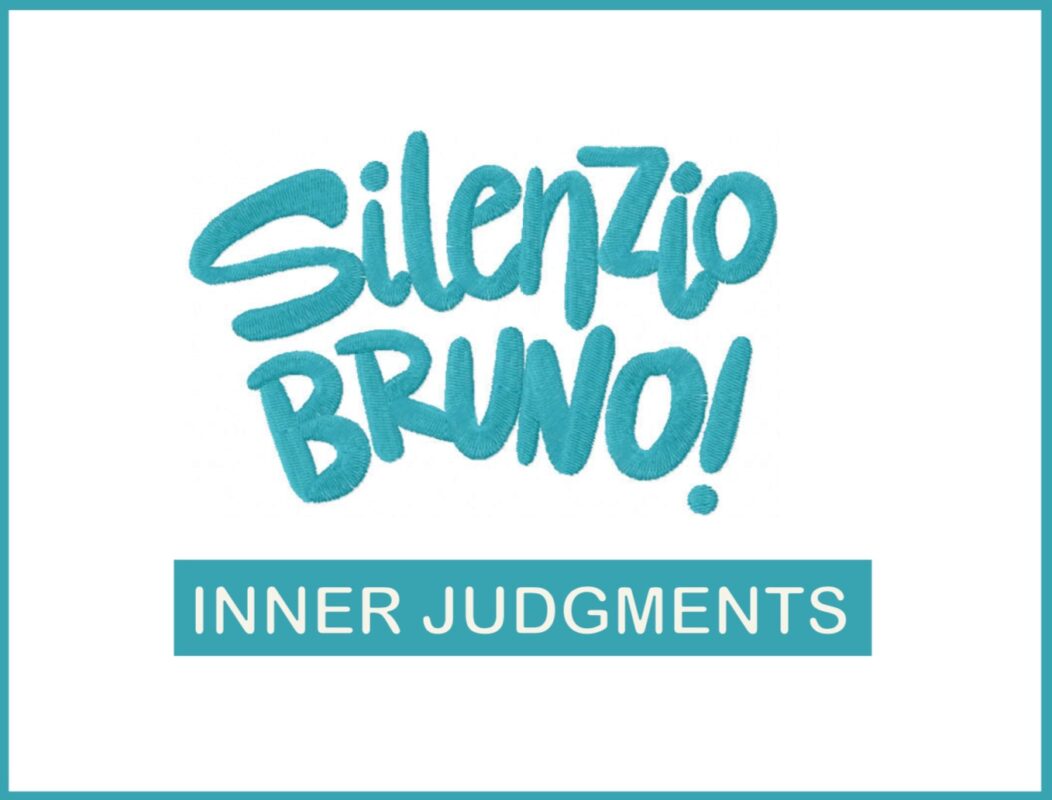Silenzio Bruno psychology refers to the concept developed by the character from the Disney-Pixar film “Luca.” Bruno, a voice that exists in the main character’s mind, represents the inner critic and embodies self-doubt and fear. Silenzio Bruno psychology explores how this internal voice can impact our thoughts, behaviors, and overall well-being.
In the movie, Silenzio Bruno manifests whenever the main character, Luca, experiences doubt or fear. The phrase “Silenzio Bruno” is literally translated as “Silence, Bruno.” It represents the need to silence this critical inner voice that holds us back from pursuing our dreams or taking risks. Silenzio Bruno psychology delves into understanding the nature of this inner critic and its impact on our lives.
The concept of Silenzio Bruno psychology is grounded in the field of psychology, specifically in the study of cognitive biases and self-talk. Cognitive biases are patterns of irrational thinking that influence our decision-making and perception of reality. The inner critic, Silenzio Bruno, reflects these biases by focusing on negative outcomes, catastrophizing situations, and highlighting potential failures or shortcomings.
Silenzio Bruno psychology emphasizes the importance of recognizing and challenging this critical inner voice. When we listen to Silenzio Bruno, our thoughts become consumed by self-doubt, negativity, and fear, hindering us from reaching our full potential. By understanding the psychology behind Silenzio Bruno, we can learn to identify and reframe these negative thoughts, allowing us to shift our mindset and take positive action.
One approach to overcoming Silenzio Bruno psychology is through cognitive-behavioral therapy (CBT). CBT helps individuals identify and restructure negative thinking patterns. By challenging irrational thoughts and replacing them with more realistic and supportive ones, individuals can silence their inner critic and develop a healthier mindset.
Another technique to combat the inner critic is through self-compassion. Silenzio Bruno psychology often stems from a lack of self-acceptance and unrealistic expectations. Practicing self-compassion involves treating ourselves with kindness, understanding, and forgiveness. By cultivating self-compassion, we can counteract the negative self-talk perpetuated by Silenzio Bruno and foster a more positive and nurturing inner voice.
The implications of addressing Silenzio Bruno psychology go beyond individual well-being. Society often encourages achievement, success, and perfection, which can amplify the inner critic’s voice. By understanding and challenging Silenzio Bruno, we can create a culture that promotes self-acceptance, personal growth, and resilience.
Silenzio Bruno psychology also has relevance in education and career development. Students and professionals often experience self-doubt and fear when faced with challenges or new opportunities. By incorporating strategies to confront the inner critic, such as reframing thoughts and practicing self-compassion, individuals can overcome these barriers and achieve their goals.
In conclusion, Silenzio Bruno psychology explores the concept of the inner critic, as depicted in the movie “Luca.” This psychology delves into understanding how our negative self-talk impacts our thoughts, behaviors, and overall well-being. By recognizing and challenging Silenzio Bruno, individuals can cultivate a more positive and supportive inner voice, leading to personal growth and resilience. By addressing Silenzio Bruno psychology, we can create a culture that promotes self-acceptance, compassion, and success.




